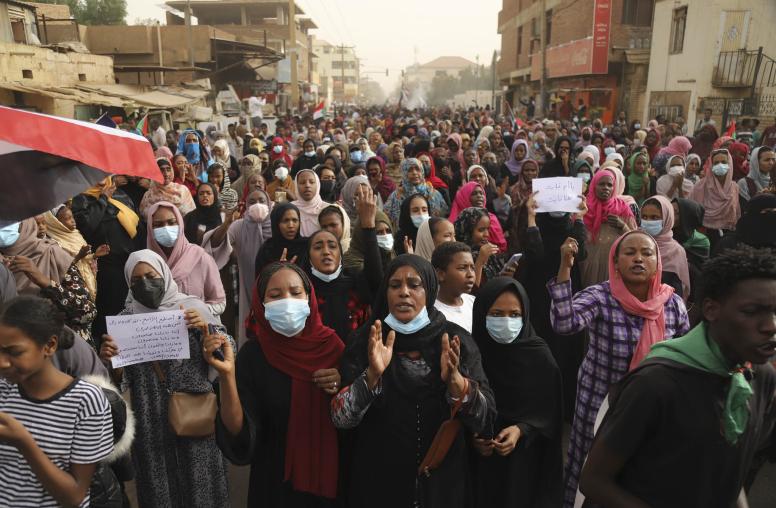Gene Sharp was a giant in the field of civil resistance whose voluminous writings have inspired and informed the work of academics, practitioners, and activists the world over. His role in advancing human rights, fundamental freedoms, and social justice around the world cannot be over-estimated. Few scholars have had such a profound impact on the course of human events as Gene Sharp. He will be greatly missed.

I first met Gene 18 years ago while a graduate student at the Fletcher School. I had just seen the documentary film, A Force More Powerful, and decided to dig deeper into how unarmed people could face down brutal tyrants and win. The simple but revolutionary concept that Gene described so clearly, that power is ultimately grounded in the consent and cooperation of ordinary people, was exciting for someone like myself studying internal wars and violent conflict. It didn’t take long before I had an appointment with Gene at the Albert Einstein Institution.
What struck me most in meeting Gene was the absolute seriousness with which he undertook his research and writing. Documenting the strategies and tactics of nonviolent struggle was not a theoretical exercise for Gene. He knew it had profound, real-life implications for those living under the boot of repression around the world. His interactions with activists from Burma, Palestine, Serbia and beyond demonstrably grounded his work.
I then invited Gene to be the inaugural speaker at the Fletcher Colloquium on Strategic Nonviolent Conflict. Dressed in black from head-to-toe, he explained to students how ordinary people can wield power in conflict without the threat or use of violence. As I began my PhD research on strategies of civil resistance, the breadth of his work became blatantly obvious. The U.S. Institute of Peace, where I work, provided its first ever grant in nonviolent action to Gene Sharp in 1987 to support his research on how nonviolent action can mitigate political violence. USIP now has an entire program dedicated to an area that owes a great deal to Gene’s thought leadership.
The impact of Gene’s work on those on the front lines is most impressive. I’ve met many activists over the years, from Ukraine to Egypt to Zimbabwe, who’ve told me how Gene’s works, which have been translated into dozens of languages, have guided their freedom struggles. While working at ICNC and later in the U.S. State Department, I’d regularly send activists, civic leaders, and policymakers Gene’s writings, including those famous 198 Methods of Nonviolent Action. His From Dictatorship to Democracy is, for activists, a tool of liberation.
I am grateful to Gene for his groundbreaking and meticulous research, for laying the intellectual foundation for the field, and for providing peoples around world with effective tools to challenge injustices and build more inclusive, just, and peaceful societies. Rest in peace and power, Gene.
Portions of this blog and the photograph were originally published on the Waging Nonviolence website.


